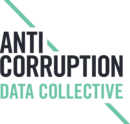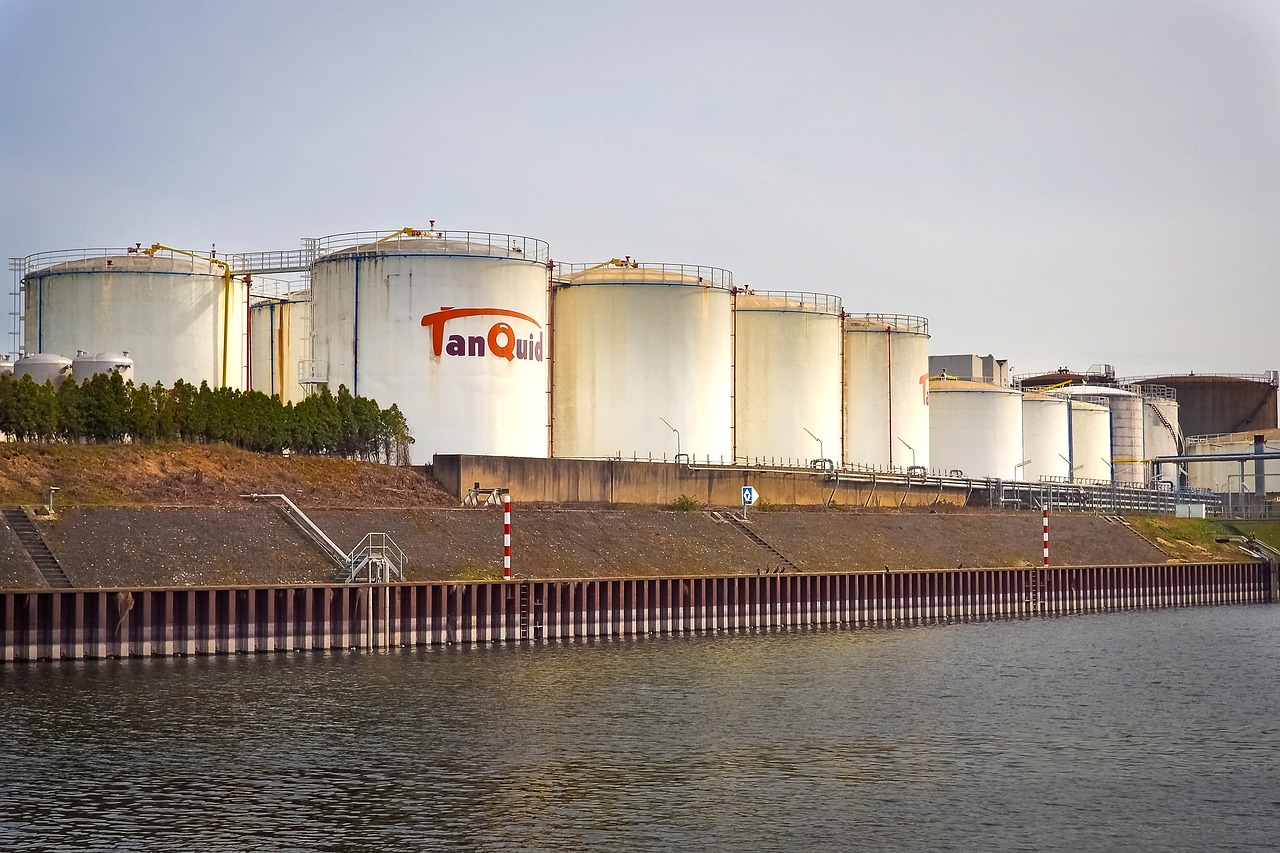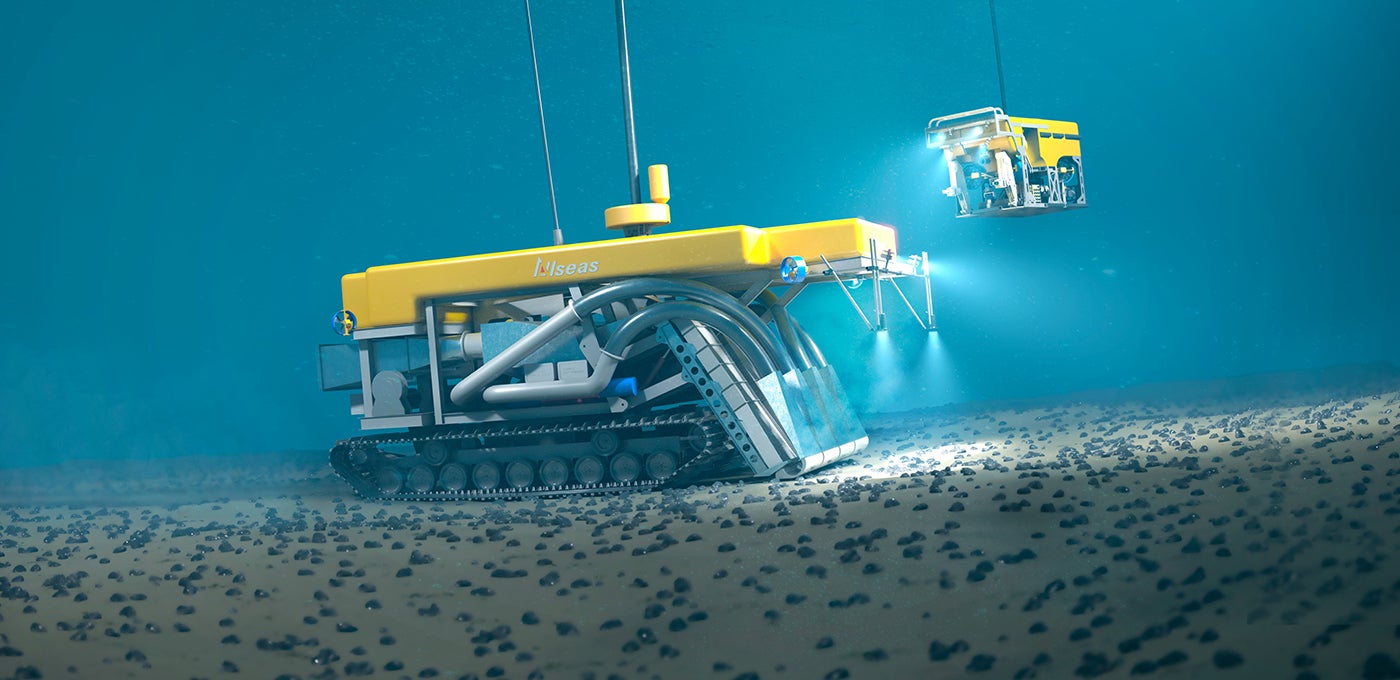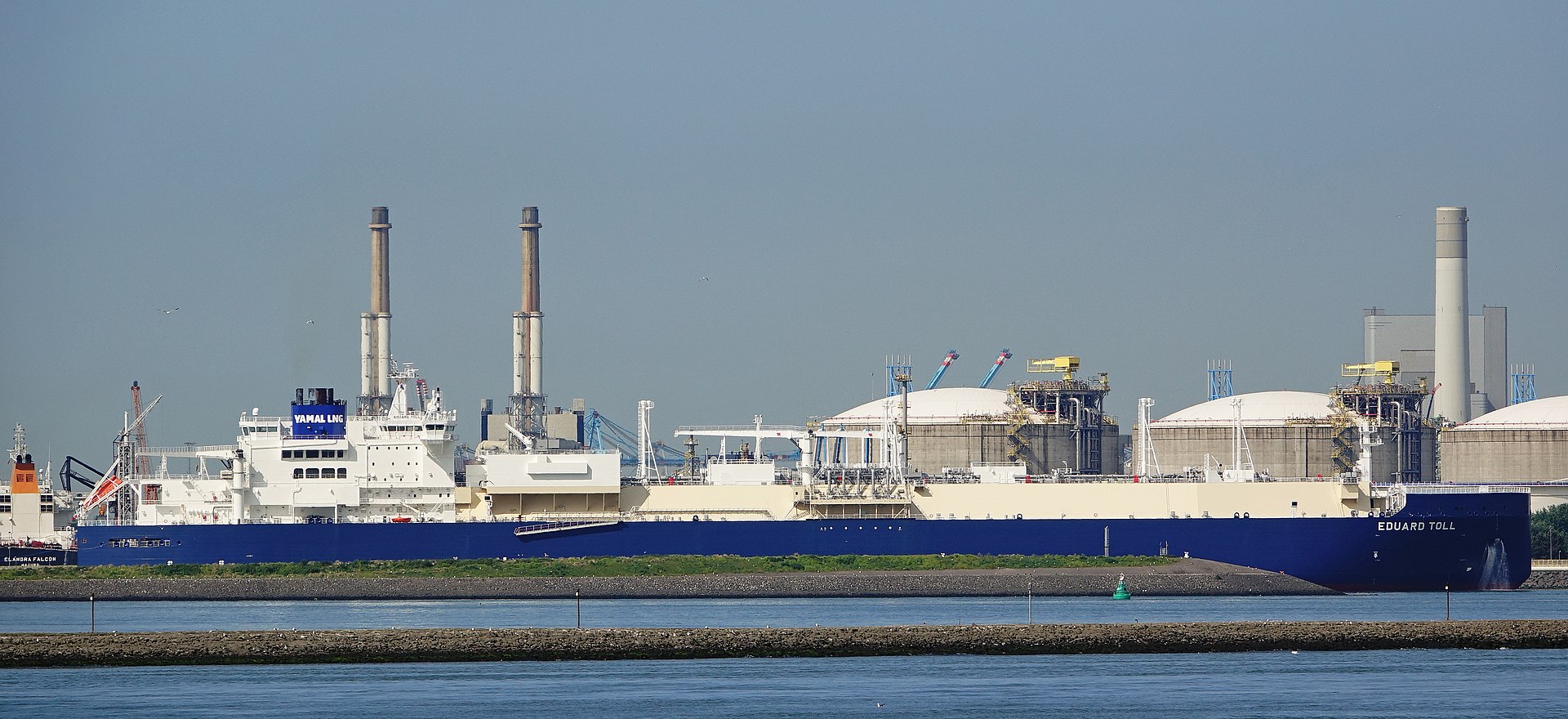
Throughout 2023, members of the Anti-Corruption Data Collective have examined how Western firms have supplied hardware and engineering services to Arctic LNG 2, a massive and highly strategic liquefied natural gas project in the far north of Siberia. Investigations published this week reveal new details of European firms’ support for the project since Russia’s invasion of Ukraine. Yet financial secrecy continues to hinder efforts to follow the money.
In the far north of Siberia, a truly extraordinary engineering project is taking shape. On the often frozen Arctic Sea, the world’s largest floating structure is being coupled with onshore infrastructure built amidst the Siberian permafrost. The project was an international venture from the outset, heavily reliant on high tech components from the UK, US and EU, as well as investment from France, China and Japan. Its purpose? To extract, cool and ship millions of tonnes of Russian natural gas around the world every year.
The project, Arctic LNG 2, has been heavily criticized.
The environmental NGO Leave it in the Ground has included Arctic LNG 2 on a list of ‘Carbon Bombs’: projects that will emit over a Gigaton of CO2 in their lifetime, and which are incompatible with the goals set by the Paris Agreement. In 2021, a group of almost 40 Members of the European Parliament from Germany, France and Italy urged their national governments not to support the project by insuring their companies’ exports, calling it at odds with the EU’s climate policies, harmful to Europe’s energy security, and damaging to the environment and indigenous rights in the region. Novatek, the project lead, was placed under US sanctions in 2014 after Russia illegally annexed Crimea.
Russia’s full-scale invasion of Ukraine in February 2022 should have spelled the end of Arctic LNG 2.
Soon after the invasion, the EU banned the export of certain strategic hardware for the Russian energy sector. Crucially, however, it gave companies until the end of May to complete their current contracts. The end result is that in July 2023, President Putin could proudly declare that the project was running on time as he waved the first production unit from its construction site Murmansk to its home on the Gydan Peninsula.
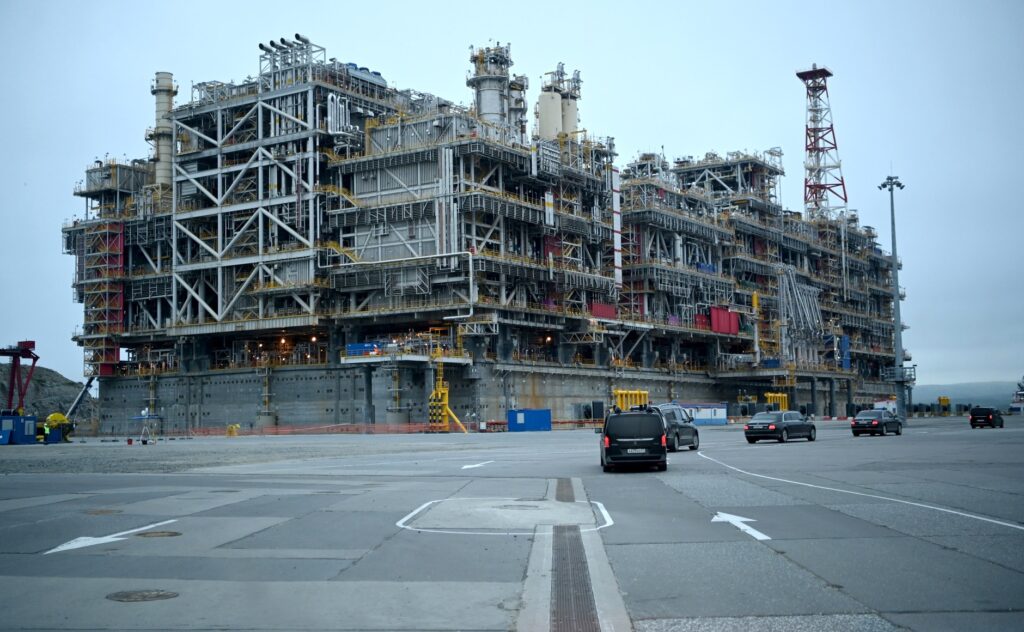
Drawing on analysis of customs records and satellite imagery by ACDC, German and Austrian media outlets – Der Spiegel, ZDF and Der Standard – report that engineering firm Linde continued shipping to Arctic LNG 2 in the window between the sanctions being announced and coming into force. Customs records show the last delivery from Linde arriving on June 1, 2022 – five days after the sanctions deadline. Linde says it complied with all sanctions and made its shipments within the legal period.
Meanwhile in a coordinated investigation, Le Monde reports how engineering company Technip, after taking a €7 billion contract to manage construction of Arctic LNG 2, sent hundreds of deliveries during the implementation period before sanctions took force. It also made deliveries as late as October, but insists that these were not goods covered by sanctions.
Earlier investigations by ACDC member Data Desk have revealed how companies from the UK, Italy, and the US all continued making deliveries to Arctic LNG 2 after the February 2022 invasion of Ukraine. American engineering firm Baker Hughes sent state-of-the-art turbines. The UK’s Hill & Smith provided cryogenic pipe supports. Italy’s Saipem played a crucial co-ordinating role, as well as supplying parts like electrical cables.
In its efforts to stop European companies helping Russia expand its energy sector and thereby generate income it can use in the war against Ukraine, the EU has so far sanctioned categories of hardware, not the Russian companies importing it. Novatek, the private Russian energy giant behind Arctic LNG 2, runs other projects which ship increasing volumes of LNG to Europe, especially since imports of piped gas and shipped crude have been almost completely stopped.
For Ukrainian civil society, the gap in sanctions coverage represents a contradiction in Europe’s stance towards Russia’s energy sector. Svitlana Romanko, Director of Ukrainian NGO Razom We Stand, said:
“How can democratic and supportive European leaders, on the one hand, say they are against the Russian brutality done against us, while, on the other hand, allowing European companies to continue supporting Russia’s fossil fuel export expansion?”
In September 2023, the US State Department targeted Arctic LNG 2 with sanctions on companies critical to the development and operation of it and other strategic energy projects in Russia. As we have written in Euractiv and Foreign Policy, the EU should follow this approach, and go further by expanding the list of hardware banned for export to Russia. Following the revelations, the Ukrainian national anti-corruption agency called for the EU to impose “comprehensive and carefully targeted sanctions” on the Russian energy sector, including on “the companies responsible for expanding Russia’s LNG export capacity with their environmentally destructive mega projects.”
Moreover, both the EU and US should also keep up the fight against financial secrecy, at home and around the world. Journalists’ investigations into the supply of equipment and services to Arctic LNG 2 often hit dead ends, as engineering contracts shifted to companies set up in opaque jurisdictions after the EU introduced sanctions against Russia. The same opacity in company ownership that allows criminals and the corrupt to move and launder their illicit funds could be facilitating sanctions dodging by businesses determined to continue trading with Russia.
The production of this investigation was supported by a grant from the Investigative Journalism for Europe (IJ4EU) fund.
